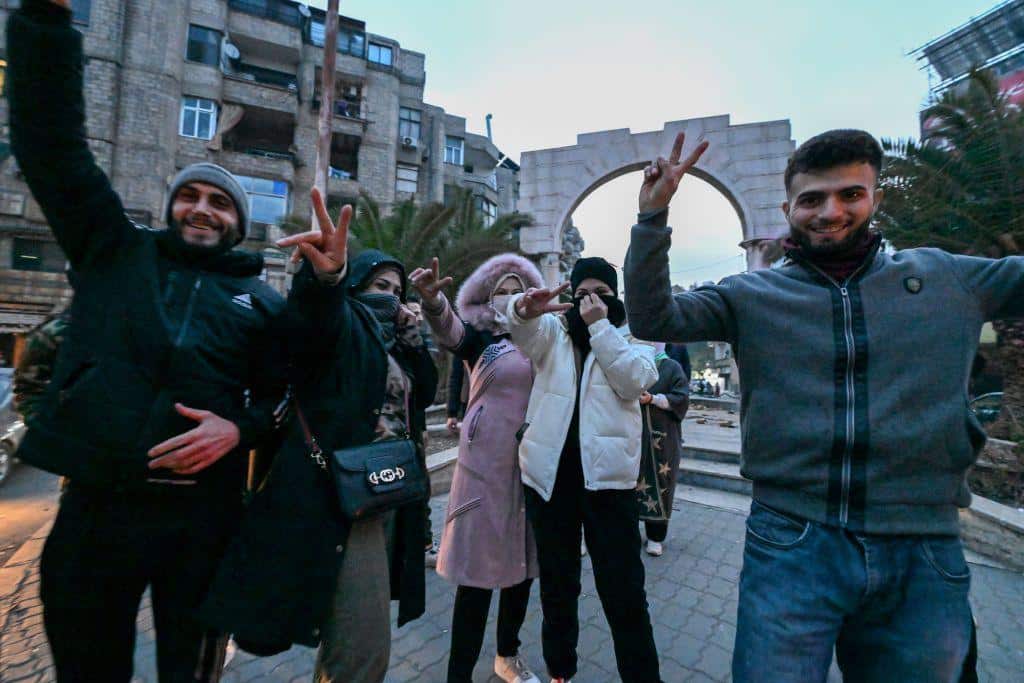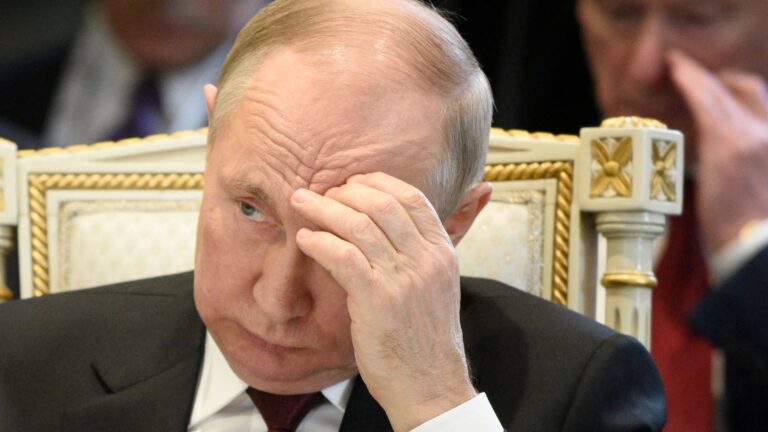Syrian rebels capture Damascus, saying President Assad has fled
The Syrian Civil War has been a devastating chapter in the nation’s history, marked by chaos and suffering. Recently, an unexpected turn of events sent shockwaves across the globe: rebel forces have reportedly captured Damascus, asserting that President Assad has fled the city. This bold claim raises questions about the future of Syria and what it means for its people who have endured years of conflict. As we delve into this significant development, let’s explore how we arrived at this moment and its implications for both the regime and international relations in the region.
Background on the Syrian Civil War
The Syrian Civil War began in 2011, ignited by a wave of protests during the Arab Spring. Citizens demanded political reform and greater freedoms. The government’s brutal crackdown on these demonstrations quickly escalated tensions.
As dissent grew, various factions emerged. Initially composed of defectors from the Syrian military, these groups sought to overthrow President Bashar al-Assad’s regime. Over time, the conflict attracted numerous external players with their own agendas.
The war has since transformed into a multifaceted struggle involving jihadist groups, Kurdish forces, and international powers like Russia and the United States. Each party has pursued distinct goals while grappling for control over territory.
This complex web of alliances and enmities has resulted in immense suffering for civilians caught in the crossfire. Millions have been displaced internally or forced to flee abroad seeking refuge from violence.
Recent Developments in the Conflict
Recent developments in the Syrian conflict have kept the world on edge. Intense fighting has surged across various regions, with reports of increasing clashes between government forces and rebel groups.
The situation in key cities has become dire, as humanitarian crises deepen. Civilians face daily challenges, from lack of food to skyrocketing violence.
Emerging alliances among rebel factions have shifted dynamics significantly. These groups are better organized and more determined than ever before.
Intelligence suggests that President Assad’s regime is feeling the pressure like never before. As opposition forces gain ground, their momentum seems unstoppable.
Social media platforms buzz with updates from activists on the ground. Videos showing chaotic scenes reflect a reality many find hard to grasp but essential to understand.
As this complex tapestry continues to unfold, observers remain cautious about what lies ahead for Syria and its people.
Rebel Groups and Their Influence
The landscape of Syrian rebel groups is diverse and complex. Various factions have emerged, each with its own ideology and goals. Some are motivated by religious beliefs, while others focus on political reform or ethnic representation.
Groups like the Free Syrian Army (FSA) initially gained prominence as moderates seeking to overthrow Assad’s regime. Over time, however, more radical factions such as Hay’at Tahrir al-Sham have also gained ground. This fragmentation complicates efforts for unity among rebels.
Their influence extends beyond military power; they shape local governance in areas under their control. Many provide essential services that the Assad government has failed to deliver, attracting civilian support.
International backing plays a crucial role too. Different countries favor specific groups based on their agendas, further altering the dynamics within Syria’s conflict-riddled society. The intricate web of alliances often shifts unpredictably amid ongoing battles for territory and resources.
The Capture of Damascus: What Happened?
The capture of Damascus marked a significant turning point in the Syrian Civil War. Rebel forces launched a coordinated offensive, catching government troops off guard.
Fighting intensified in the streets. Skirmishes erupted near key government buildings and checkpoints. Civilians were caught in the crossfire, leading to chaos as people sought safety.
Reports indicated that President Assad was nowhere to be found during this critical moment. Rumors circulated about his escape from the city, fueling speculation and uncertainty regarding his regime’s future.
Rebel leaders declared victory almost immediately after taking control of several strategic locations within the capital. This swift advance not only showcased their military capabilities but also underscored fractures within Assad’s loyalist ranks.
As news spread across social media platforms, supporters of both sides reacted passionately, shaping public perception internationally while raising concerns over potential power vacuums and subsequent violence.
Impact on President Assad and His Regime
The capture of Damascus sends shockwaves through President Assad’s regime. Losing the capital marks a significant blow to his authority and control over Syria.
Assad’s power has waned as rebels claim victory. This shift could embolden opposition forces across the country, challenging any remnants of loyalty within his ranks.
With rumors swirling about his whereabouts, uncertainty grips those still aligned with him. Will they stand by a leader who seems to be losing ground?
International relationships may also be affected. Allies like Russia and Iran might reassess their support if Assad appears vulnerable.
Economic repercussions loom large too; a destabilized regime often leads to chaos in governance and resources. The people who have endured years of conflict may finally see an opportunity for change in leadership dynamics.
This moment represents not just a military defeat but potentially shifts the entire landscape of Syrian politics moving forward.
International Response to the News
The news of President Assad fleeing has sent shockwaves through the international community. Countries worldwide are reacting with a mix of concern and cautious optimism.
Western nations have expressed support for the rebel groups, seeing this as an opportunity to push for a democratic transition in Syria. They emphasize the importance of unity among opposition factions to ensure stability.
On the other hand, allies of Assad, particularly Russia and Iran, have reacted defensively. Both countries have called for dialogue and restraint while reaffirming their commitment to supporting his regime. Their stance indicates potential complications ahead.
Humanitarian organizations are also weighing in. The capture of Damascus raises fears about increased violence and displacement among civilians. Aid agencies urge immediate action to protect vulnerable populations caught in conflict zones.
As global leaders assess these developments, diplomatic discussions will likely intensify regarding Syria’s future direction amid ongoing uncertainty.
What This Could Mean for the Future of Syria
The capture of Damascus marks a significant turning point in the Syrian Civil War. It raises questions about the stability and governance of the nation.
With President Assad reportedly having fled, power vacuums may emerge. This can lead to chaos among various factions vying for control.
Syrian rebels might gain influence, but they are not a monolithic group. Their differing ideologies could spark further infighting, complicating any hopes for peace.
Moreover, humanitarian concerns loom large. The conflict has displaced millions, and continued instability threatens to exacerbate their suffering.
International responses will shape Syria’s future trajectory as well. Diplomatic efforts or military interventions from foreign powers could alter alliances and influence regional dynamics significantly.
As these events unfold, the potential for reconstruction remains uncertain amid ongoing violence and political fragmentation. The fate of Syria hangs delicately in balance as new players enter this complex arena.
What Next?
The recent events surrounding the capture of Damascus by Syrian rebels mark a significant turning point in the ongoing civil war. As news spreads that President Assad has fled, many questions remain about the future of Syria and its people.
The power vacuum left by Assad’s departure could lead to further instability or open up opportunities for new governance structures. The various rebel factions may struggle for control, complicating what comes next. Civilians caught in this turmoil face an uncertain path ahead.
International responses will play a crucial role in shaping the aftermath of these developments. How global powers react could influence both immediate humanitarian efforts and long-term political solutions.
As Syria stands on the brink of change, one thing is clear: this moment underscores a pivotal chapter in the nation’s history, with potential repercussions felt far beyond its borders.




